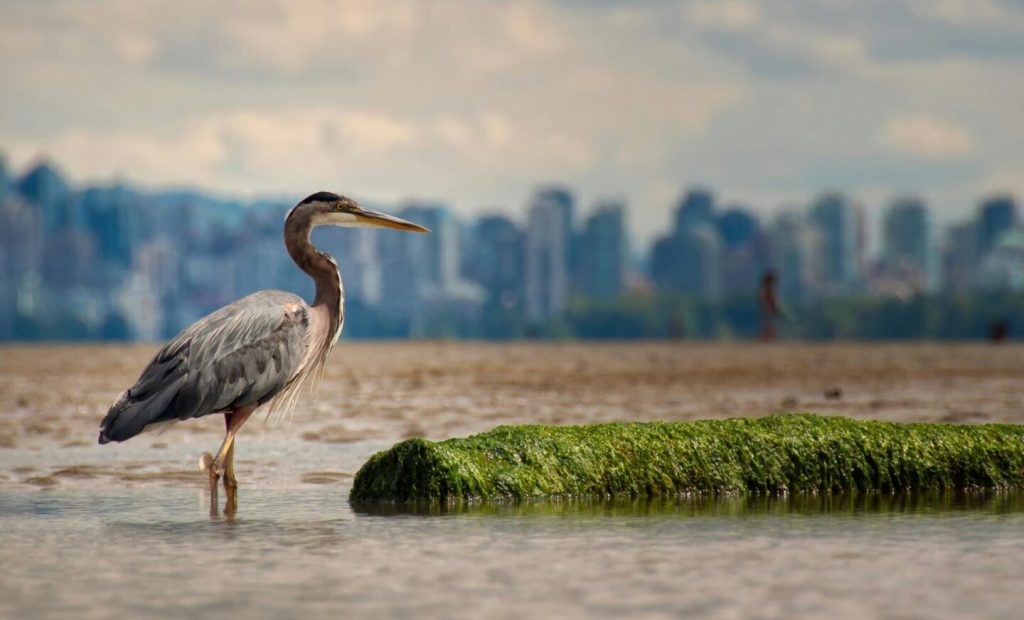Leadership is a skill that is often developed through experience, practice, and exposure to challenges. For young people, outdoor adventures offer a unique environment to build confidence, resilience, and teamwork—all essential qualities of strong leaders. Away from the distractions of everyday life, these adventures create opportunities for self-discovery, skill-building, and meaningful connections.
Outdoor adventures often involve tasks that push participants outside their comfort zones. Activities like rock climbing, kayaking, or high ropes courses require focus, determination, and courage. Successfully completing these challenges helps children and teens develop a sense of accomplishment, boosting their confidence and self-belief.
These experiences teach young people that it’s okay to fail and try again, an essential mindset for future leaders. By facing their fears and overcoming obstacles, they learn to trust their abilities and take on new challenges with optimism and determination.
Encouraging Teamwork and Collaboration
Leadership is not just about individual success—it’s about inspiring and working with others to achieve a common goal. Many outdoor activities are team-oriented, requiring participants to collaborate, communicate, and problem-solve together.
For example, building a raft or navigating an orienteering course teaches participants how to delegate tasks, listen to different perspectives, and adapt to changing circumstances. These skills are crucial for effective leadership and help foster a sense of community and camaraderie among peers.
Developing Decision-Making Skills
In outdoor settings, young people are often presented with situations that require quick thinking and strategic decision-making. Whether it’s choosing the best route on a hiking trail or figuring out how to complete a group challenge, these scenarios help participants hone their problem-solving abilities.
The ability to assess risks, weigh options, and make informed decisions is a key trait of successful leaders. Outdoor adventures provide a safe yet stimulating environment for young people to practice and refine these skills.
Promoting Resilience and Adaptability
Outdoor adventures are full of unpredictability, from sudden changes in weather to unexpected challenges during activities. These experiences teach young people how to adapt to new situations, stay positive under pressure, and persevere in the face of adversity.
Resilience and adaptability are critical leadership qualities, enabling individuals to navigate setbacks and lead with confidence in uncertain circumstances. By overcoming difficulties in outdoor settings, young participants build the mental toughness needed to handle challenges in their personal and professional lives.
Inspiring Environmental Awareness
Leadership often involves a sense of responsibility, not only for others but also for the world around us. Outdoor adventures immerse participants in nature, fostering a deeper appreciation for the environment and an understanding of its fragility.
Experiences like those offered at little canada camp combine adventure with education, teaching young people about conservation and sustainable practices. These lessons inspire them to become responsible stewards of the planet and advocate for positive change in their communities.

Enhancing Communication Skills
Effective leaders are skilled communicators, and outdoor adventures provide ample opportunities for young people to develop this ability. Whether it’s giving clear instructions during a group activity or expressing ideas during a campfire discussion, participants learn how to articulate their thoughts and listen actively to others.
These experiences also build confidence in public speaking and interpersonal interactions, helping young people feel more comfortable and capable in social settings.
Creating Lifelong Memories and Connections
One of the most impactful aspects of outdoor adventures is the relationships formed and memories created along the way. Shared experiences build trust and mutual respect, laying the foundation for lifelong friendships and networks.
For many young participants, camps like Little Canada camp offer a unique chance to connect with peers from diverse backgrounds, broadening their horizons and enriching their perspectives. These connections are invaluable, providing both personal and professional support as they grow into adulthood.
Preparing for Future Leadership Roles
Outdoor adventures teach transferable skills that prepare young people for leadership roles in school, sports, and future careers. From managing group dynamics to handling responsibility, participants gain hands-on experience that sets them apart as capable and confident leaders.
Moreover, these experiences often spark a sense of purpose and ambition, motivating young people to pursue goals and take on challenges with enthusiasm and determination.
Making Outdoor Adventures Accessible
To maximise the benefits of outdoor adventures, it’s important to make these opportunities accessible to all young people. Schools, community organisations, and families can collaborate to provide affordable options and encourage participation.
Camps like Little Canada camp are designed to cater to a wide range of interests, abilities, and age groups, ensuring that every child can enjoy a meaningful and transformative experience.
Conclusion
Outdoor adventures are a powerful tool for shaping the next generation of leaders. By building confidence, fostering teamwork, and teaching resilience, these experiences equip young people with the skills and mindset needed to succeed in all areas of life.
Programs like Little Canada camp offer a unique blend of adventure, education, and personal growth, creating a nurturing environment where young leaders can thrive. As we look to the future, investing in outdoor experiences for children and teenagers is an investment in their potential, their communities, and their ability to make a positive impact on the world.




